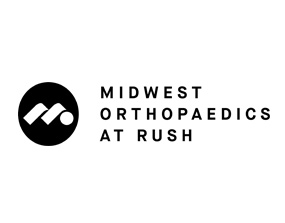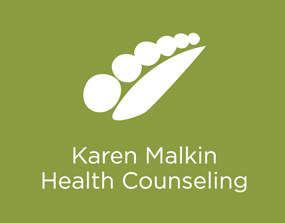The old adage, Early to bed and early to rise may actually hold some scientific truth. New research indicates that the time you go to bed may impact your risk for heart disease, with 10 to 11 p.m. identified as the ideal time to turn in.
The study, published in the European Heart Journal Digital Health analyzed data from 88,000 adults over the course of six years. Results showed a 12 percent increased risk of cardiovascular disease among participants who fell asleep from 11 to 12 p.m., and a surprising 25 percent higher risk for those who fell asleep at midnight or later.
Neuroscientist David Plans, who co-authored the study, believes the correlation may be attributed to the body’s circadian rhythm, which helps regulate physical and mental functioning. Acknowledging that the study cannot conclude causation, he surmises that the early or late bedtime may disrupt the body clock, creating adverse consequences for cardiovascular health.
Interestingly, the increased risk was more pronounced in women who fell asleep later than 10 p.m. and men who fell asleep earlier than 10 p.m. And, even when other factors, such as age, sleep duration, BMI, diabetes, blood pressure, and socioeconomic status were taken into account, consistently falling asleep at midnight or later was still linked to the highest increased risk of heart disease.
The study reinforces that sleep is a critical factor in the prevention of cardiovascular disease, although there is no existing evidence suggesting that improving sleep reduces the risk of heart attack or stroke. Additional factors include sleep duration, with the American Heart Association suggesting that people who sleep less than six hours a night are at risk for hypertension, a major cardiovascular risk factor. The new research demonstrates an association, but does not prove that the hour you fall asleep causes heart disease, nor does it account for other cardiovascular disease culprits, such as stress, anxiety, and depression.
Authored by Zach Meeker, Research Assistant for Midwest Orthopaedics at Rush University Medical Center
References:
David Plans, PhD, senior lecturer, organizational neuroscience, University of Exeter, U.K.; Gregg Fonarow, MD, director, Ahmanson-UCLA Cardiomyopathy Center, Los Angeles; Harly Greenberg, MD, chief, division of pulmonary, critical care and sleep medicine, Northwell Health, New Hyde Park, N.Y.; European Heart Journal ? Digital Health, Nov. 9, 2021
Click here for full podcast playlist.














